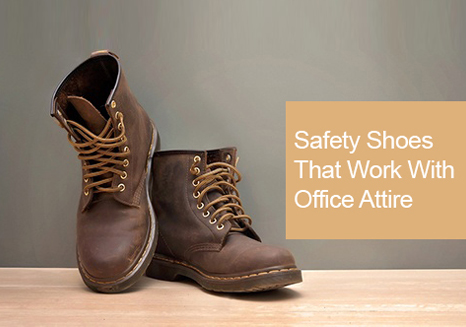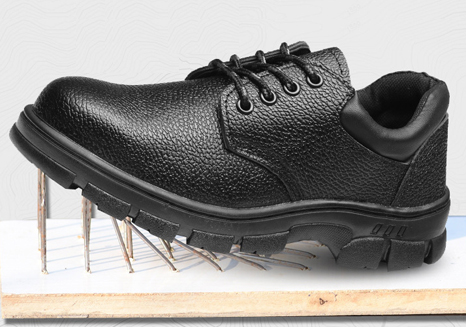When workers have the correct protective footwear, everyone benefits.

But choosing the right safety footwear can be complicated. When you think of safety footwear, you may think of steel toe boots, but there are many types of boots and shoes that provide a variety of protection. Choosing inadequate footwear may lead to worker injuries or even compliance issues.
The Personal Protective Equipment at Work Regulations 1992 (as amended) and the Personal Protective Equipment Regulations 2002 contain the main requirements. The Personal Protective Equipment at Work Regulations 1992 requires employers to take precautions to control risks in the workplace. When risks cannot be controlled adequately, Personal Protective Equipment (PPE) must be carefully chosen and properly used. Employees must be given instructions on the safe use of the equipment and it must be used by employees as intended. Once in use, it must be properly stored and maintained.
In addition, the Management of Health and Safety at Work Regulations 1999 states that employers must conduct risk assessments in order to reduce any risks to a requisite level. The risk assessment is also used to establish the need and requirements for PPE, such as safety footwear.
Risk Assessment
When choosing the right safety footwear for your business, start with a hazard assessment. This will help you identify the type of risks that endanger your employees’ feet. Do your employees need protection from falling objects? What about electrical dangers? The assessment should consider factors such as the type of work being done, specific tasks to be performed, chemicals in use and environmental conditions. These risks may include slipping and falling or dangers from heavy or sharp objects. Your assessment should also consider multiple risks, such as simultaneously working on a contaminated and wet surface.
Once you have identified the risk factors, you can determine what safety features are most important for your workers. These may include:
Puncture resistance protects from sharp objects that may go through the bottom of the boot or shoe, such as nails, screws or scrap metal
Impact resistance protects the toe area of the foot from dropped objects
Metatarsal impact protection protects the metatarsal bones, which are located at the top of the foot. It does not take much impact to damage this area of the foot
Compression resistance is intended to protect the toe area of a worker’s foot
Electric hazard protection protects the employee from contact with an electrical current through the boot
Conductive properties help to protect the worker from dangerous chemicals and explosives
Static dissipative properties reduce hazards caused by low footwear electrical resistance
State-of-the-art technology to meet specific
Comfort
Comfort may seem like a minor concern, but if you work all day and your feet are blistered, compressed by shoes that are too tight, slipping in shoes or boots that are too big, these can lead to falls, injuries, or dangerous fatigue. It is important to try on shoes and make sure you have the correct fit. Some traditional boots, such as those with a steel toe, will not stretch and break in. You want your work footwear to fit properly on the first day and every day thereafter.
Durability
Choosing the correct footwear is important. But it is equally important to monitor your footwear for signs of wear and tear. There are many variables to consider. These include the working conditions, how frequently the boot or shoe is worn, and the weight of the worker. Employees should inspect their footwear regularly. If it appears worn or damaged, or no longer considered fit for purpose, then it should be replaced.
 Share
Share




